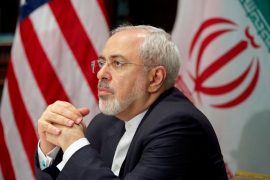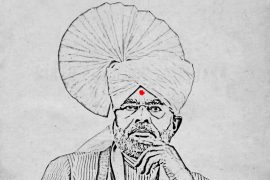Now that India has saluted, as pre-arranged at 5 PM on 22 March, our fellow citizens fighting on the frontline against the deadly spread of coronavirus, it is necessary to raise another question: Is India on the forefront among the nations fighting this deadly virus that respects no borders? The answer is painfully clear.
We need to raise one more question: Have we, as humanity, responded to this crisis intelligently and effectively, utilising all our resources, material and spiritual, at the level of individual governments, the civil society, the corporate sector as well as the international organisations such as the WHO, IMF and UN?
There is a general impression that the coronavirus came in without any warning. This impression is wrong. A study done by a virologist at the Wuhan Institute of Virology in 2015 had identified a deadly coronavirus, transmissible to humans from horseshoe bat populations in Wuhan, perhaps with an intermediary such as pangolin. Many virologists and scientists had foreseen and written about the danger of humans catching the virus from bats. A 2017 study found a total of 73 coronaviruses in 1067 bats in China.
We might think only virologists knew about the risk. That is not true. This matter was discussed in a meeting convened by the WHO in early 2018. Dr Peter Daszak, a disease ecologist and president of the New York-based Eco-Health Alliance, present at that meeting held in early 2018, has pointed out that an outbreak of such an epidemic is not only predictable but also preventable.
-30-
Copyright©Madras Courier, All Rights Reserved. You may share using our article tools. Please don't cut articles from madrascourier.com and redistribute by email, post to the web, mobile phone or social media.Please send in your feed back and comments to [email protected]











